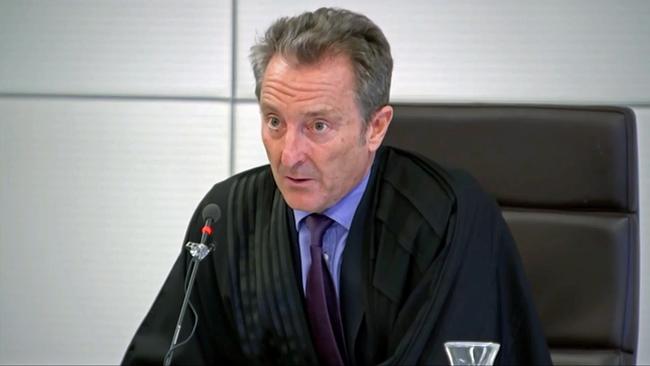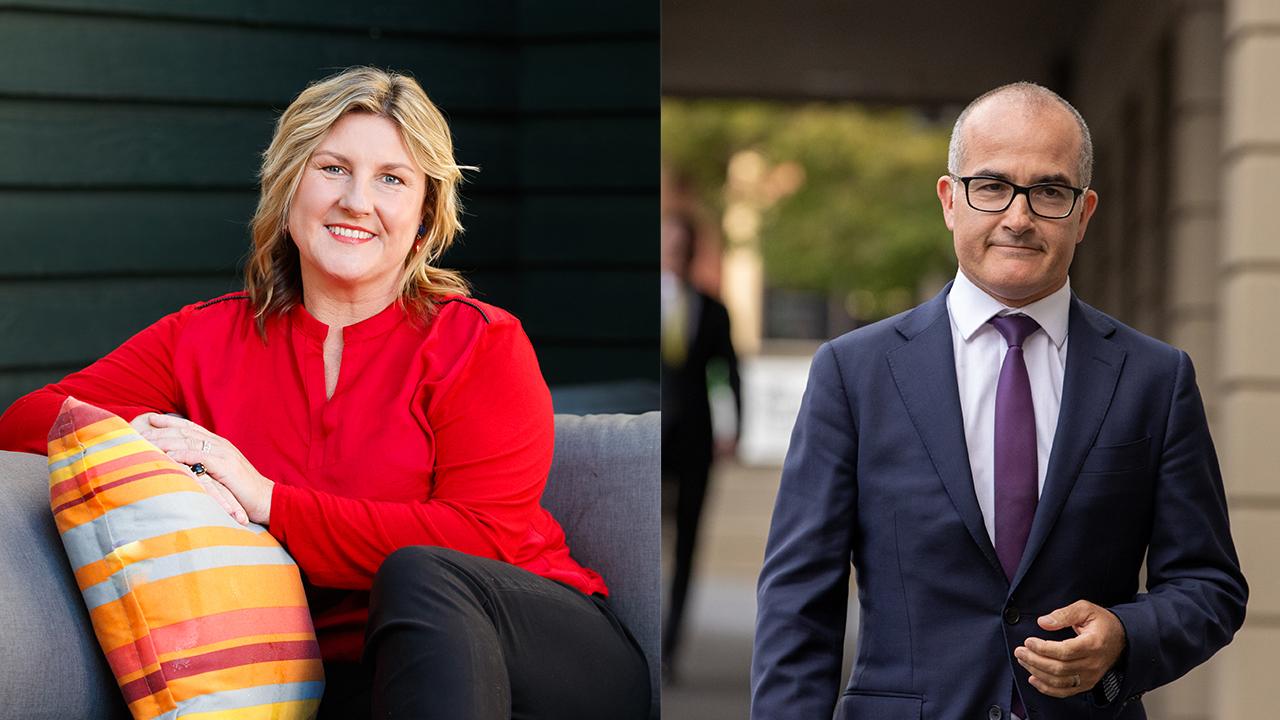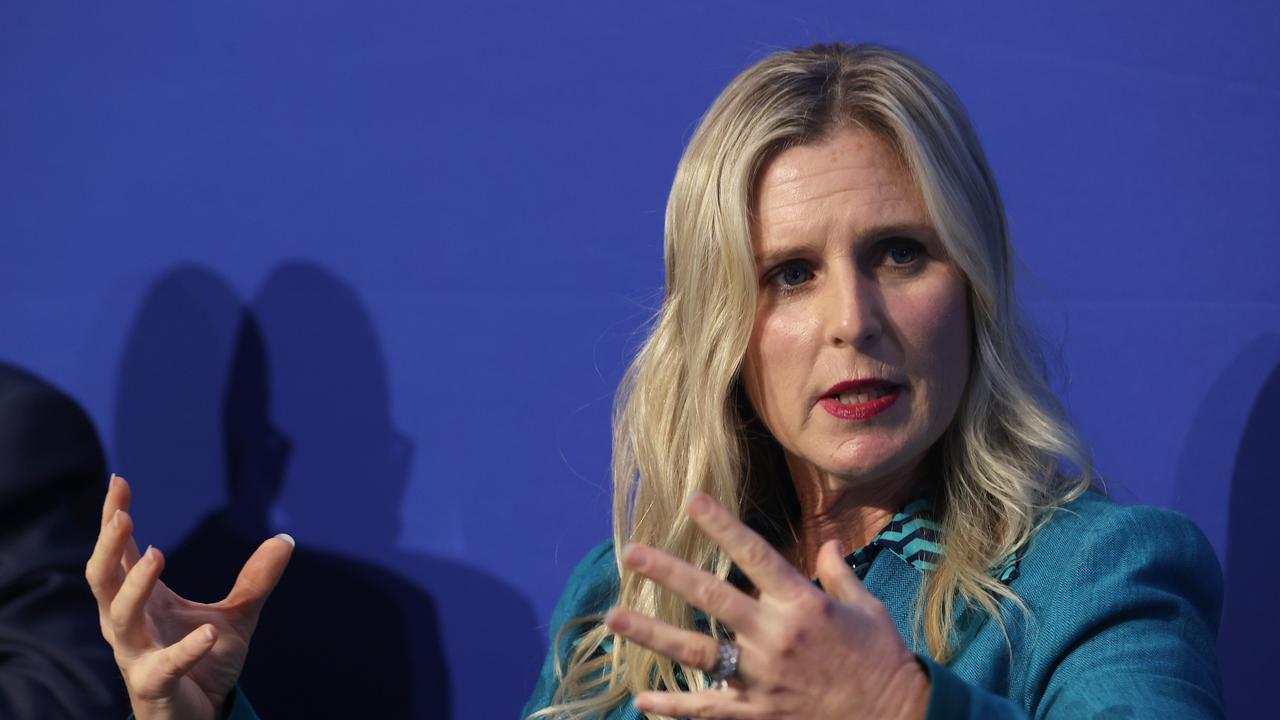JP Morgan executives to be cross examined in bank cartel court case
Former and current executives JP Morgan will be called to give evidence in a long-running bank cartel case.

Former and current JP Morgan bankers caught up in the Australian Competition and Consumer Commission’s landmark bank cartel case are set to be cross-examined by Citigroup and Deutsche Bank lawyers before the matter heads to trial.
Federal Court Judge Michael Wigney on Wednesday ruled that five employees of the investment bank should appear for cross examination, saying “ it would be contrary to the interests of justice to proceed to trial without the JP Morgan witnesses being subject to pre-trial examinations.”
The ACCC’s case originally alleged JP Morgan, ANZ, Citigroup and Deutsche Bank and six executives colluded to buy the shortfall of ANZ shares in a $2.5bn capital raising in 2015 to restrict or limit any fall in their share price.
The case was brought to the ACCC’s attention after it was approached by JP Morgan, which struck an immunity deal with the regulator as the case progressed from the NSW Local Court in 2018 to the Federal Court at the beginning of this year.
Since the matter was passed to the Federal Court for a criminal trial, the Commonwealth Director of Public Prosecutions has dropped its charges against ANZ and its former group treasurer Rick Moscat, former Citi country head Stephen Roberts, in August and scaled back charges against the remaining individuals as it was forced back to the drawing board to rewrite its indictment twice.
The five JP Morgan employees, who received immunity for providing information to the ACCC, will now give evidence.
Head of trading Mark Dewar, former managing director and head of markets Jeff Herbert-Smith and former capital markets boss Richard Galvin will be cross examined for a second time after giving evidence in NSW’s Local Court.
Justice Wigney also called former JP Morgan Australia managing director Andrew Best and former executive and chairman Robert Priestly, who will face cross-examination for the first time.
Their evidence will prove crucial for the banks, who are making the argument that the ACCC removed “exculpatory” comments from the draft version of the JP Morgan’s staff witness statements when gathering evidence for the case.
Justice Wigney said recalling some witnesses was important as the banks’ lawyers now held disclosure material containing internal JP Morgan documents and draft witness statements prepared by the ACCC that give rise to alleged inconsistencies in the witnesses’ recollection of events.
The “failure of the prosecutor to fully or properly disclose the disclosure material at the committal stage” also explains why Mr Priestley and Mr Best were now being called, Justice Wigney said.
“It is at least likely that the accused would have sought and obtained orders permitting them to examine Mr Priestley and Mr Best at the committal proceedings had there been adequate disclosure at the time.”
Mr Wigney also gave the green light to the cross examinations as they were unlikely to extend the timeline of the case, which will go to trial next year.
Last week, he declared the case a “shemozzle,” given the prosecution’s indictment was yet to be finalised so close to the trial.
“The proposed examinations will not impede or delay the commencement of the trial in any way,” he said.
“Indeed, subject to the outcome of other foreshadowed pre-trial applications, the conduct of the pre-trial examinations is likely to facilitate the efficient conduct of the trial before the jury which is listed to commence in May next year.”
The JP Morgan witnesses will be cross-examined from November 30 to December 3.


